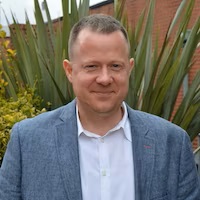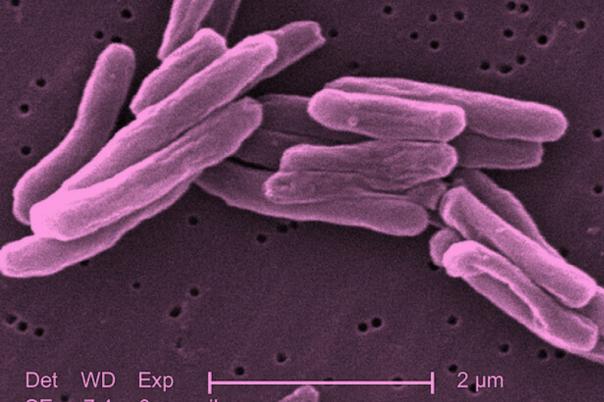Syndromes Without A Name (SWAN) clinic at Cardiff University aims to shorten the diagnostic odyssey for rare disease patients by finding genetic diagnoses. The clinic has no age limit and is funded by the Welsh Government. Hywel Williams, Senior Lecturer, at Cardiff University gave an overview of the SWAN clinic and talked the audience through their genomic re-analysis strategy.
The SWAN clinic is located in the largest hospital in Wales, meaning Williams and his team have access to all the clinical specialists required. Even though SWAN is based in Cardiff, the remit is to cover all of Wales geographically to ensure equity of treatment for all patients, particularly those living in rural areas.
Going into the details, Williams explained that the (SWAN) clinic is led by Dr. Graham Shortland and includes both paediatric and adult teams, which is unique. The team comprises clinical leads, geneticists, research fellows, and clinical nurse specialists. They ensure face-to-face consultations with patients and their families to get an idea of their symptoms and history.
Williams presented a case study on a baby boy with bowel problems and immunodeficiency. The SWAN clinic ran a panel and identified compound heterozygous variants in the TTC7A gene, confirmed their functionality, and successfully applied for targeted molecular therapy. Fortunately, this significantly improved the child's condition. This study is a textbook example of how to end the diagnostic odyssey. In fact, they diagnosed the pathogenic variants while the mother was pregnant with another child. This allowed Williams to do prenatal testing, which showed the baby hadn’t inherited either variant.
Digging deeper into the genomic reanalysis strategy, the SWAN clinic uses Congenica software for variant prioritisation and reanalysis of genomic data. Congenica has been used extensively by Genomics England for its 100,000 genomes program so it is well known. Williams decided that the best way to do analysis was to take BAM files from the diagnostic labs and use Congenica to recall the variants. Williams also pointed out that he also uses Exomiser for rare disease identification, specifically ranking pathogenic variants.
The clinic faces challenges with NHS bureaucracy and data transfer, but they aim to streamline the diagnostic process and expand their methods to benefit more patients. In William’s closing remarks, he said that he is awaiting further funding to continue his work.





